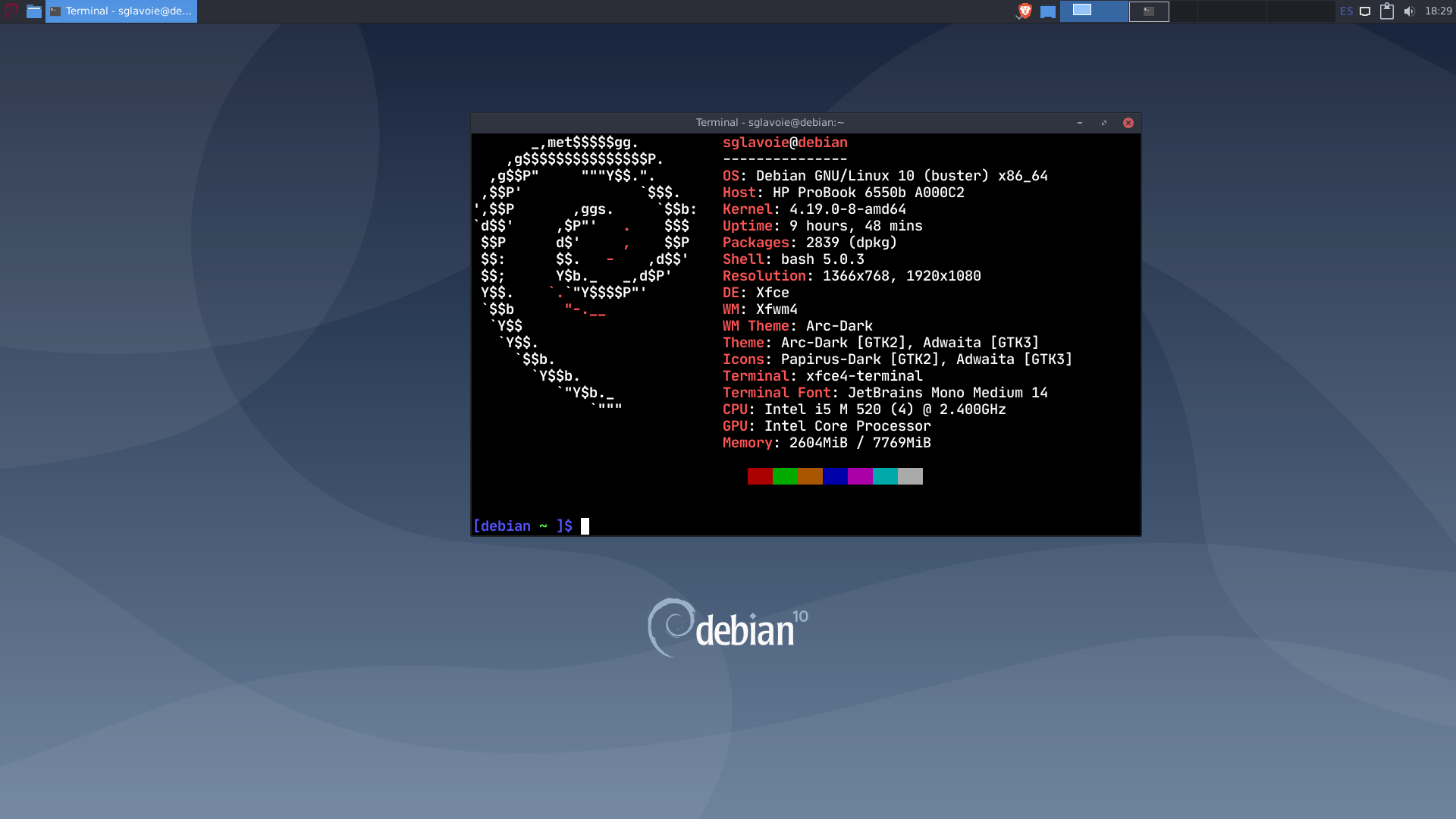

She spends 20% of her time planning/changing/administering/repairing the disk arrays of three servers. Dani is a sys admin for a medium-size business.Parallel, constant-time directory operations.Unlimited, instantaneous read/write snapshots.Multiple independent prefetch streams with automatic length and stride detection for maximum streaming performance.Globally optimal I/O sorting and aggregation.Explicit I/O priority with deadline scheduling.Multiple block sizes, automatically chosen to match workload.Copy-on-write design makes most disk writes sequential.Dynamic striping across all devices to maximize throughput.ZFS achieves its impressive performance through a number of techniques: Automatic deduplication and compression of data, selectable per volume or filesystem according to administrator policy.Online check (scrub) and online resilver of faulty, to verify and preserve the validity of on-disk data in the face of silent disk data corruption.Online array reconstruction / reassemble, in a fraction of the time usually required to reconstruct an array, thanks to reconstruction dependent on contents rather than on disk topology.Elimination of the RAID5 write hole that usually requires battery-powered disk technology or UPS technology to keep RAID arrays consistent in case of power failures.State-of-the-art unsurpassed data reliability (including silent corruption detection and automatic data repair, if available) from end to end, thanks to transparent checksums in parent block pointers Along with its record-setting scalability, it has a number of features that no other file system in production has: ZFS is 128-bit, meaning it is very scalable. Compression can be used to increase bandwidth. The available disks (of any size) are used to the best of their ability. ZFS does away with partitioning, EVMS, LVM, MD, etc. ZFS is a killer-app for Solaris, as it allows straightforward administration of a pool of disks, while giving intelligent performance and data integrity. Ubuntu server, and Linux servers in general compete with other Unixes and Microsoft Windows. Native ZFS for Ubuntu PPA (for 64b systems only) In addition to be able to have ZFS on root, install:
#Debian openzfs install install#
To install the user-level tools, simply install:įor all current versions from 16.04 onward. The kernel module is provided by default. The ZFS filesystem is available for Ubuntu as either a FUSE module or a native kernel module. Currently it can store up to 256 ZiB (zebibytes). The name "ZFS" originally stood for "Zettabyte File System".
#Debian openzfs install mac os#
Currently, as of January 2015, it is native to Solaris, OpenSolaris, OpenIndiana, illumos, Joyent SmartOS, OmniOS, FreeBSD, Debian GNU/kFreeBSD systems, NetBSD, OSv and supported on Mac OS with MacZFS. In 2005 it was integrated into the main trunk of Solaris and released as part of OpenSolaris. Its development started in 2001 and it was officially announced in 2004. ZFS is a combined file system and logical volume manager designed and implemented by a team at Sun Microsystems led by Jeff Bonwick and Matthew Ahrens.


 0 kommentar(er)
0 kommentar(er)
